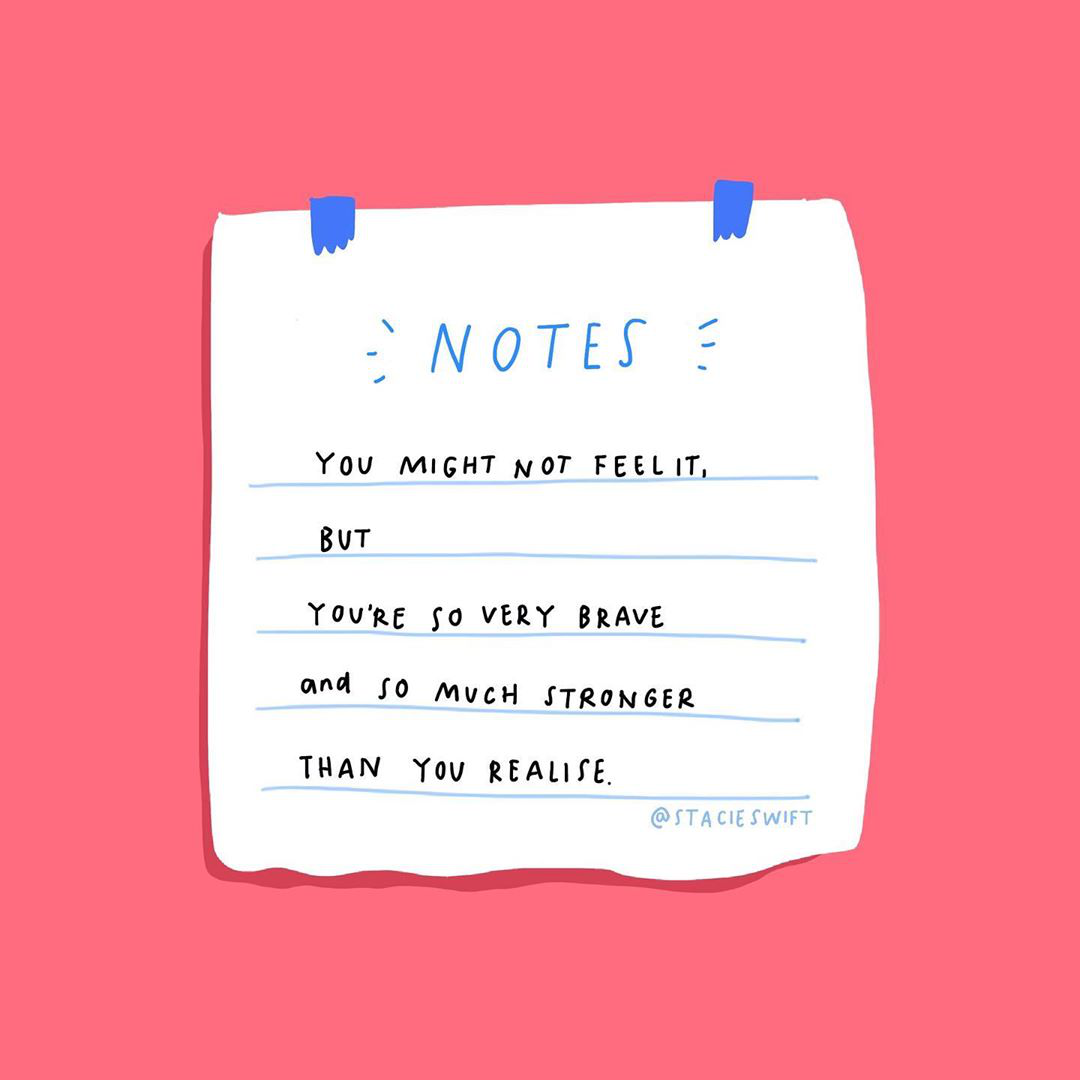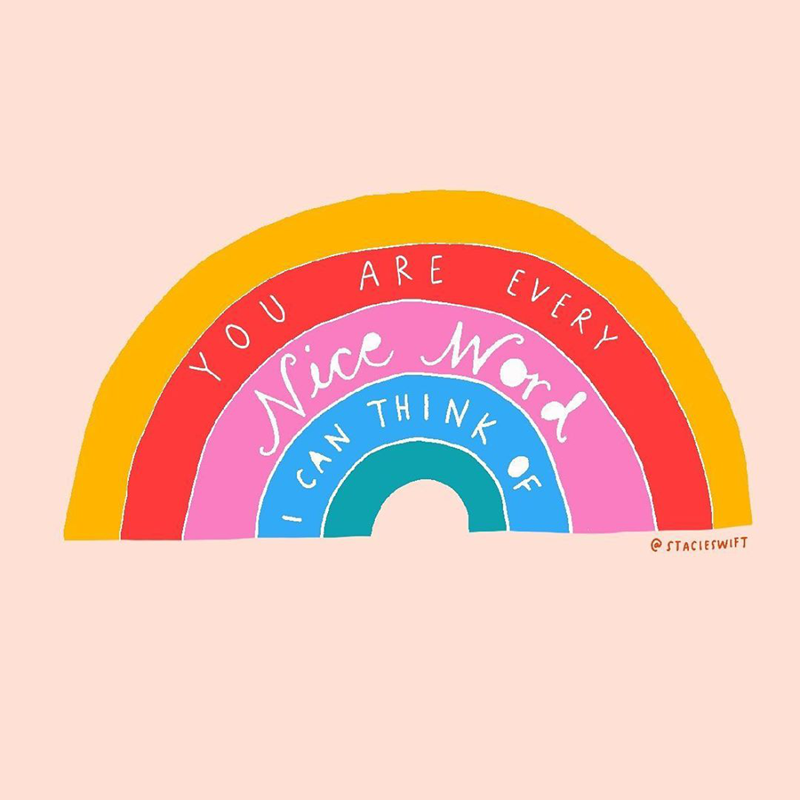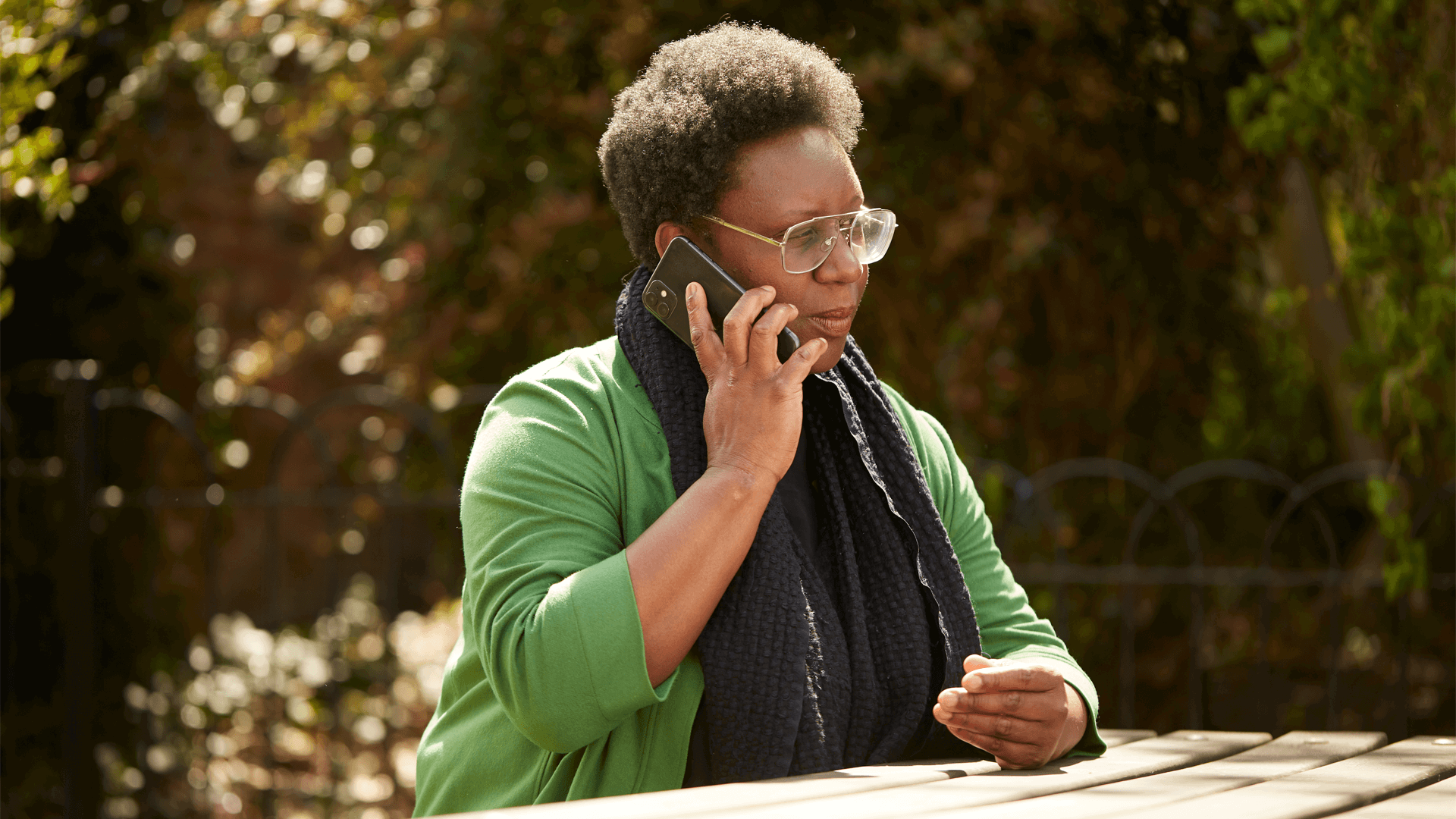What is bullying?

Artwork credit: @stacieswift. The artwork depicts a note with a ruled page taped to a surface reading: 'You might not feel it, but you're so very brave and so much stronger than you realise.'
If somebody physically hurts you, or verbally abuses you, that’s bullying.
Specific types of bullying include:
- homophobic bullying based on your sexual orientation
- racist bullying because of your skin colour or ethnicity
- religious bullying because of your beliefs or faith.
- sizeist bullying referring to your body size
- sexist bullying focusing on you being of the opposite sex
- cyberbullying targeting you online, often anonymously
- bullying because you are different
Bullying can be a one-off or it can go on for a long time. And bullying can happen to anyone.
No matter how alone you might feel, there is always someone you can talk to and someone who can help.
Get help for bullying
Ignoring bullying won’t make it go away. You need to tell someone about what is happening.
If the bullying is happening at school
Talk to your parents or carers and your teacher. Your teacher may have no idea that you are being bullied, and the school will have an anti-bullying policy to tackle it.
If you feel you can’t speak to your teacher, maybe a friend can do it for you. You can also speak to a school counsellor, welfare officer or nurse.
In extreme cases, if bullying is interfering with your education it may be possible for you to change schools if it doesn’t stop once you have reported it.
If the bullying is happening outside school
Talk to your parents or carers, close relatives such as grandparents, aunties and uncles, or even your friends’ parents. Youth workers and leaders may be able to help too.
If the bullying is happening online
Tell a trusted adult – your parents or carers, or a teacher. You can report abusive posts on Facebook and other social media platforms. You can also report abuse to CEOP (Child Exploitation and Online Protection Centre).
Keep reporting the bullying until it stops. It may not stop the first time you tell your parents or teacher and they try to stop it. If the bullying continues, tell them again. Don’t put up with it. No one deserves to be bullied.
Tips from young people like you

Artwork credit: @stacieswift. The artwork depicts a yellow, orange, pink, blue and green rainbow. In the orange, pink and blue of the rainbow, the text reads: 'you are every nice word I can think of'.
Get help now
Whatever you're going through, you don't have to go through it alone. Here are some organisations who can support you.
-
Childline
If you’re under 19 you can confidentially call, chat online or email about any problem big or small.
Sign up for a free Childline locker (real name or email address not needed) to use their free 1-2-1 counsellor chat and email support service.
Can provide a BSL interpreter if you are deaf or hearing-impaired.
Hosts online message boards where you can share your experiences, have fun and get support from other young people in similar situations.
- Opening times:
- 24/7
-
The Mix
Offers support to anyone under 25 about anything that’s troubling them.
Email support available via their online contact form.
Free 1-2-1 webchat service available.
Free short-term counselling service available.
- Opening times:
- 3pm - 12am, seven days a week
You might also find helpful...
Bullying can affect us in lots of ways. Here's some more advice and information you might find helpful.






